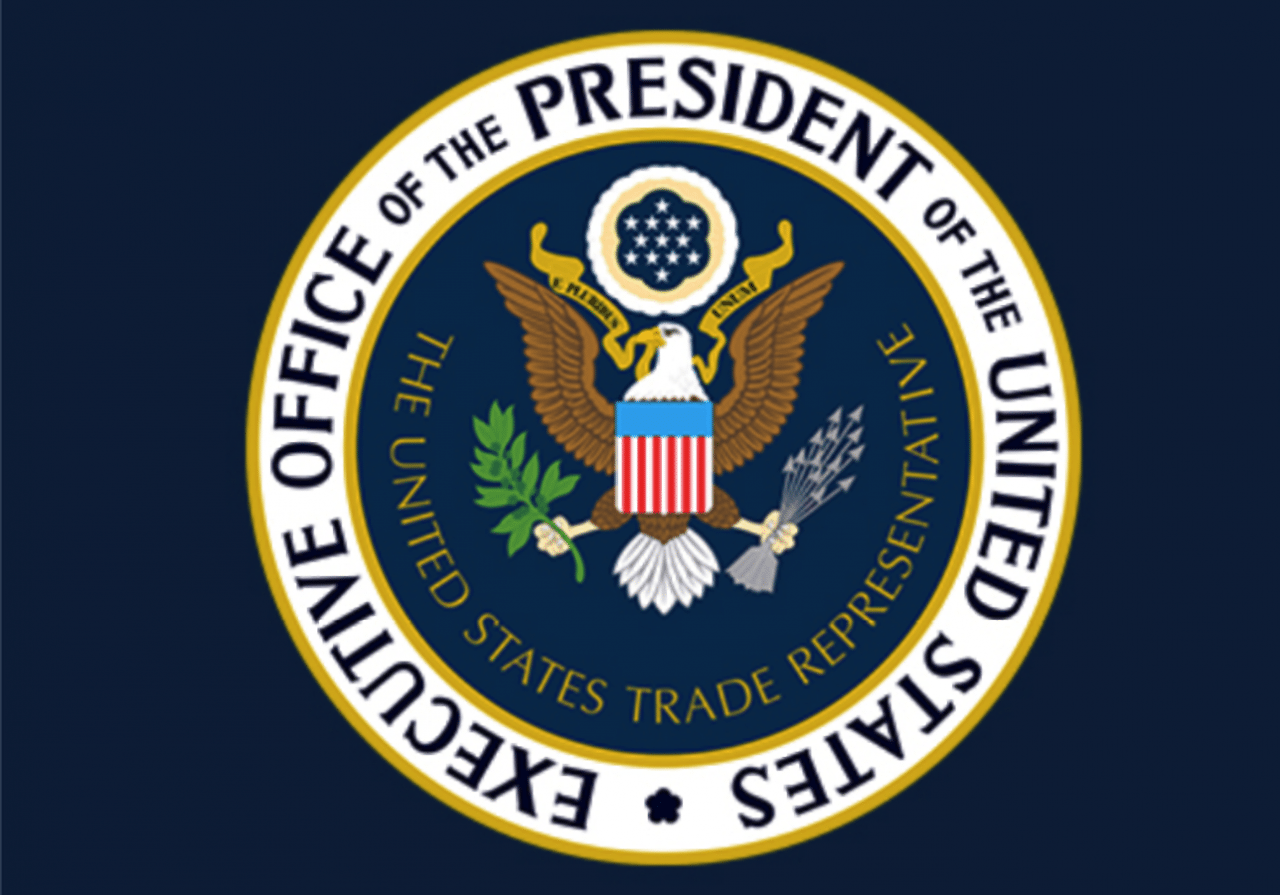Despite making huge anti-counterfeiting efforts to persuade luxury brands to join its platforms in 2017, Alibaba faced a setback when the U.S. Office of the Trade Representative (USTR) once again listed its consumer-facing marketplace Taobao on its “Notorious Markets” blacklist.
This is the second consecutive year Taobao has been shamed by the USTR, which claims that Alibaba “engages in or facilitates substantial piracy and counterfeiting to the detriment of U.S. creators and brand owners, as well as legitimate sellers and distributors.”
Alibaba claims the USTR’s determination is political, and that its the victim of Sino-American trade tensions as America seeks to make itself great again.
The report, issued on January 12, argued that Taobao has not done enough to address issues the USTR raised in 2016. The site had only made efforts, “some within the last six months,” to curb the sales of high volume infringing products, despite the fact that the problem was much more widespread.
U.S. government agencies and embassies have received an increased number of complaints from small-to-medium enterprises (SMEs) over the past year. And more of them were about Taobao than any other e-commerce platform it examined during the same period.
As with its previous responses to counterfeiting charges from foreign entities, Alibaba completely denied the accusation and stressed that it had done everything it could to protect the intellectual property rights of their business partners and customers.
“Alibaba has been turned into a scapegoat by the USTR to win points in a highly-politicized environment and their actions should be recognized for what they are. The USTR’s actions made it clear that the Notorious Markets List, which only targets non-US marketplaces, is not about intellectual property protection, but just another instrument to achieve the US Government’s geopolitical objectives.”
The Chinese e-commerce giant also said that the USTR applied different standards to the U.S. and non-U.S. marketplaces.
“We have been more transparent than any platform in the world regarding the presence of counterfeit products on our platforms. Nobody – not Amazon, not eBay – has been as transparent as we have been,” Alibaba said.
Alibaba pointed out that it has responded to past criticisms, establishing an Anti-Counterfeiting Alliance in January 2017, bringing brands, e-commerce platforms and Chinese legal entities together to protect IP. Currently, 30 global consumer brands are on board.
It remains to be seen if the USTR’s shaming will directly impact Alibaba’s expansion into the luxury arena. In August 2017, Alibaba launched its new invitation-only platform, Luxury Pavilion, and quickly added big names including Loewe, Stella McCartney, Tod's, and Alexander McQueen.
While luxury brands are hurrying to develop their e-commerce offerings in China, the USTR’s charge comes as a timely reminder about the risks.


